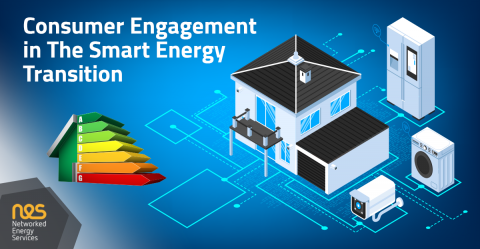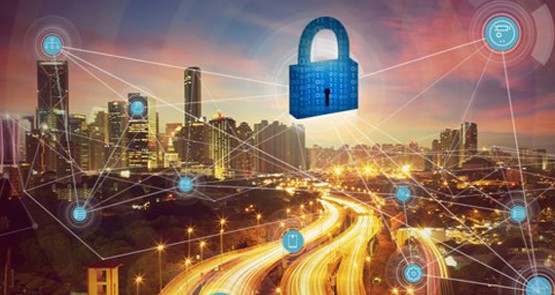
Consumer Engagement in the Smart Energy Transition
Aug 19, 2021When smart meters first came out, at least where I live, around 10 years ago, the message was about getting the consumer’s energy spending “under control”. The regulator wanted to make smart meters relevant to the consumer and was simply saying “a smart meter shows you where you can use less energy”. In fact, there were TV cooking competitions where the winner was the person to cook the best meal for the lowest consumption of energy. That left me with thinking, “OK, that’s fun; but is that really all smart meters are for?”.
Of course, that was purely the projection for the wider benefits for the consumer. The reality is that smart meters offer DSOs the control to reduce energy loss through technical losses and suffer less revenue leakage through non-technical losses.
More recently, the consumer’s perspective has been re-phrased in a more sophisticated and engaging way. This is led by international initiatives, such as the Clean Energy Package in the European Union, which focus more on the consumer and look at:
- Customer’s experience, SAIDI, SAIFI – the role of smart meters in monitoring grid health has an important benefit to customers – the energy supply is more stable, and the number and duration of outages is reduced
- Prosumers – the number of residential and small business customers that generate their own energy is increasing – smart metering enables their energy to be exported into the grid and monetized for the consumer, making them a prosumer
- Remote influence and control of demand – by allowing the DSO to control relays in the smart meter, and so control demand, the consumer can enjoy lower tariffs and the DSO can “peak-shave” and “valley-fill” to optimize the use of the grid, reducing technical losses and increasing the mean-time-between grid component reactive maintenance
- Energy efficiency in the home – some modern consumer-aligned applications apply “disambiguation” rules to identify specific types of domestic appliances and make recommendations to the consumer around energy efficiency, spend optimization and device maintenance. Smart meters can provide this information
- Consumer safety – a better regulated and controlled supply, with fewer over- and under-voltages, can improve consumer safety. The consumer-aligned applications mentioned above can also provide services such as indirect monitoring of the wellbeing of vulnerable people based on their usage of energy. Again, the smart meters are the source of this information
- Managing fraud – consumers generally want a fair deal, and any solution to reduce fraud and other criminal activities tends to be well received; consumers realize that there is no such thing as a victimless crime and that the consumer is, indirectly, normally the victim
- Sustainability – finally, and for some, most importantly, consumers recognize that, even if they do not benefit in any of the terms above, a sustainable attitude towards energy generation and distribution is as important as a sustainable attitude towards energy consumption.
The smart meter is a key enabler for these – a sophisticated, fully featured, reliable and secure smart meter provides the necessary information and remote control to enable all these capabilities.
The key point for DSOs is their business. Smart meters represent an investment, and any investment needs a business case. Every step in the smart energy transition needs to have a business case which makes sense for the DSO.
This whitepaper, Implementing the Clean Energy Package (networkedenergy.com), by NES, describes how a focus on consumer engagement, as lead by the EU Green Energy Package, can lead to a sustainable business case which funds the smart energy transition.




